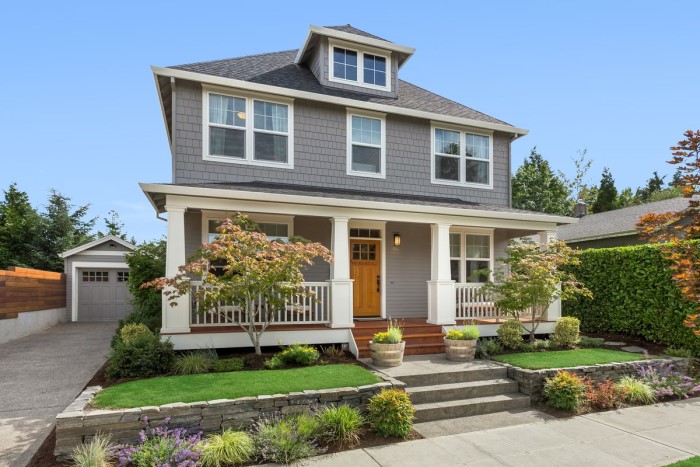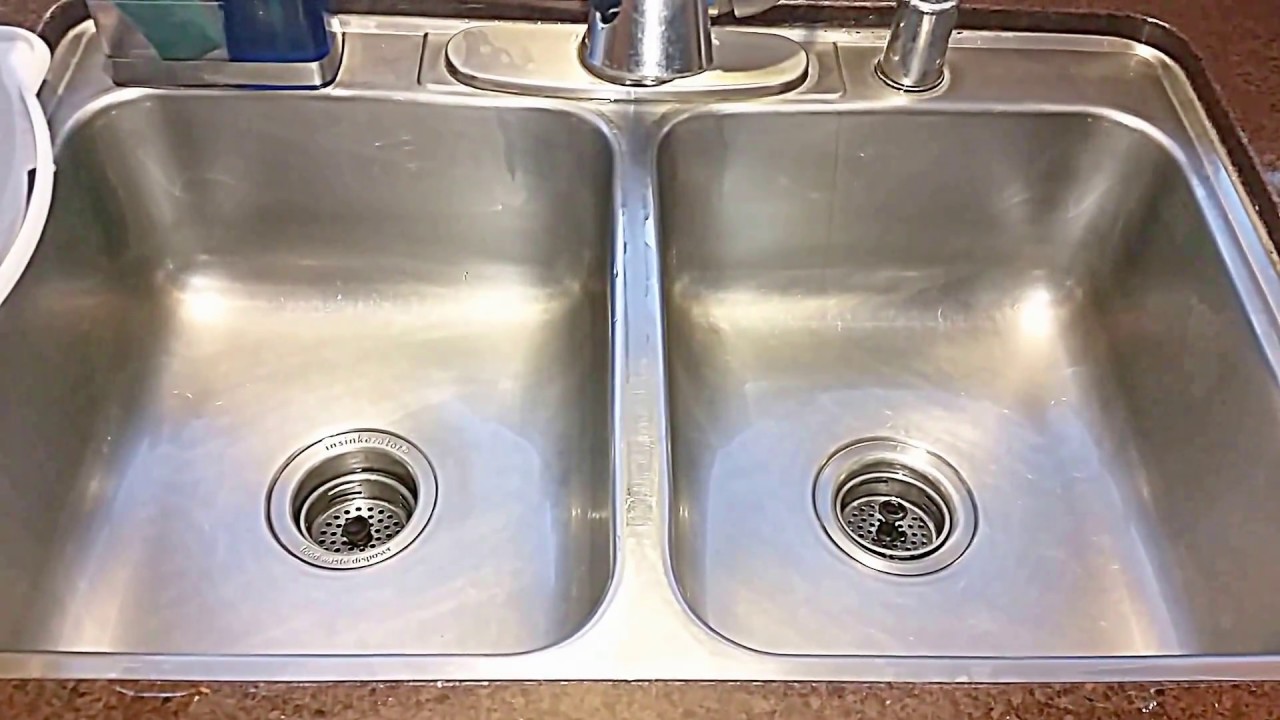
7 Essential Steps To Take Before Buying A Fixer-Upper
A fixer-upper is a property that needs repair or renovation and can be a great investment opportunity. However, before buying one, it’s important to take the necessary steps to ensure you’re making a wise investment. Here are 7 essential steps to take before buying a fixer-upper.
1. Determine your budget.
Before buying a fixer-upper, it’s important to determine your budget. This includes not only the purchase price, but also the costs of repairs and renovations, any necessary permits, and any unexpected expenses that may arise.
It’s also important to leave a contingency fund for unexpected costs. It’s best to work with a financial advisor to ensure you have a realistic and feasible budget.
2. Hire a reputable inspector.
Hiring a reputable inspector is one of the essential steps in buying a fixer-upper. A professional inspector can identify any potential issues with the property, such as structural damage, electrical or plumbing problems, and any health or safety hazards.
This information will help you determine the true cost of the repairs and make informed decisions about whether to proceed with the purchase. Ensure the inspector you hire is experienced, licensed, and insured.
3. Research the neighborhood and its potential.
Researching the neighborhood and its potential is an important step in buying a fixer-upper. Consider factors such as the location, the proximity to amenities, the local job market, and the area’s crime rates.
Look for any recent developments or plans for future developments that may impact the property’s value.
It’s also important to assess the potential resale value of the property once the repairs and renovations have been completed. This research will help you determine whether the property is a good investment opportunity.
4. Check for any zoning restrictions or building codes.
Before buying a fixer-upper, it’s important to check for any zoning restrictions or building codes that may impact your plans for the property.
Zoning restrictions can limit the type of renovations or additions you can make, while building codes determine the minimum standards for construction and safety.
It’s best to consult with local government agencies or a real estate attorney to ensure you are aware of any regulations that may affect your plans for the property.
5. Review property tax assessments.
Reviewing property tax assessments is an important step in buying a fixer-upper. Property tax assessments determine the amount of taxes you will be responsible for paying each year.
Reviewing the assessment can help you understand the property’s value and whether it is fairly assessed in comparison to other properties in the area.
Understanding the property tax assessment can also help you plan for future expenses and ensure that you are not overpaying for the property.
6. Get quotes for any necessary repairs or renovations.
Getting quotes for any necessary repairs or renovations is an important step in buying a fixer-upper. This will help you determine the true cost of the repairs and make informed decisions about whether to proceed with the purchase.
It’s important to get quotes from reputable contractors and to get multiple quotes for comparison.
Be sure to include all necessary repairs, such as electrical and plumbing upgrades, as well as any desired renovations, such as adding a room or updating the kitchen. This information will help you budget for the repairs and make a realistic plan for the property.
7. Consult with a real estate professional.
Consulting with a real estate professional is an important step in buying a fixer-upper. A real estate agent can provide valuable information about the local market and assist you in negotiating the purchase price.
An agent can also connect you with other professionals, such as inspectors, contractors, and financing options, to help you make informed decisions about the property.
Additionally, a real estate professional can help you understand any legal or financial issues that may arise during the buying process. Consulting with a real estate professional will help ensure a smooth and successful transaction.
Conclusion
In conclusion, buying a fixer-upper can be a great investment opportunity, but it’s important to take the necessary steps to ensure a successful transaction.
By determining your budget, hiring a reputable inspector, researching the neighborhood, checking for any zoning restrictions or building codes, reviewing property tax assessments, getting quotes for repairs and renovations, and consulting with a real estate professional, you can make informed decisions and avoid potential problems.
Remember, a fixer-upper requires careful planning and attention to detail, but with the right steps, it can be a valuable addition to your portfolio.



![Selling Your Home For Cash Checklist [Infographic] 4 Selling Your Home For Cash Checklist [Infographic]](https://homevg.com/wp-content/uploads/2022/03/Selling-Your-Home-For-Cash.jpg)